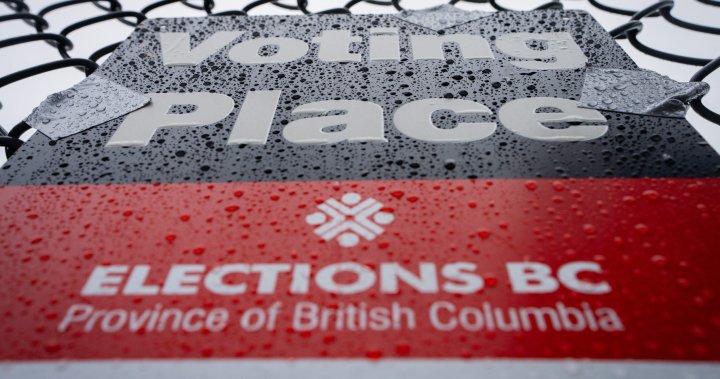The recent British Columbia election saw a number of former BC United candidates who ran as independent or unaffiliated fail to win their seats, including five incumbent MLAs. These results were particularly significant as they marked the final nail in the coffin for the BC Liberals, who had been the official opposition before the election. The losses included longtime MLAs such as Mike Bernier, Tom Shypitka, and Karin Kirkpatrick, who had nearly retired before the BC United implosion spurred her to mount an independent run. Peace River North incumbent Dan Davies and Prince George-North Cariboo incumbent Coralee Oakes were also among the former United MLAs who lost their races.
All five of these former MLAs lost to Conservative candidates, with many of them losing by significant margins. The suspension of the BC United campaign led to the Conservatives bringing several United candidates under their banner as the two parties worked together to present the best slate of candidates to challenge the incumbent BC NDP. Despite 18 United candidates choosing to continue their campaigns but not as Conservatives, the Conservatives were either elected or leading in all but six of those ridings, with the NDP leading in the remaining ones.
The BC United party, formerly known as the BC Liberals, underwent a rebranding in 2023 after losing ground in the 2020 election. The party sought to distance itself from the federal Liberal Party and positioned themselves as a centre-right alternative. The province saw a record number of independent and unaffiliated candidates run in this election, including six incumbent MLAs. However, the independent candidates faced significant challenges in gaining voter support, as British Columbians have historically been hesitant to elect candidates without party affiliation.
In one notable case, former NDP caucus member Adam Walker, who was ousted from the party over a human resources issue, lost re-election in his riding of Ladysmith-Oceanside as an independent to NDP candidate Stephanie Higginson. Additionally, unaffiliated candidate Rachael Weber in Prince George-Mackenzie, who was removed as the Conservative candidate due to spreading conspiracy theories about 5G technology, finished last in her race. The rarity of independent candidates winning in British Columbia was highlighted by the fact that the province has only elected one independent MLA since the mid-20th century, Delta MLA Vicki Huntington.
Overall, the results of the recent British Columbia election demonstrated the challenges faced by independent and unaffiliated candidates in gaining electoral success. The dominance of established parties, such as the Conservatives and the NDP, in many ridings served as a significant hurdle for those running without party affiliation. Despite the efforts of former BC United candidates and other independents, the election reaffirmed the tendency of British Columbians to support candidates from traditional political parties.


